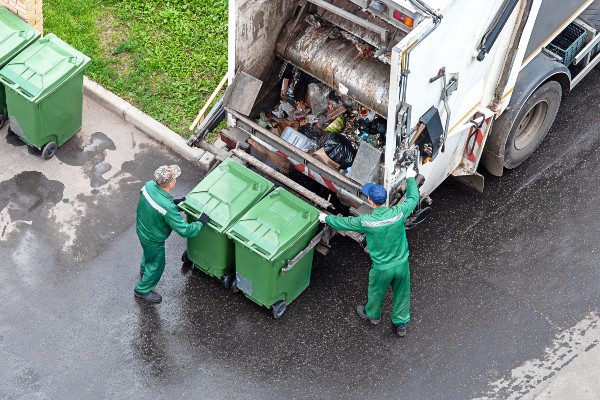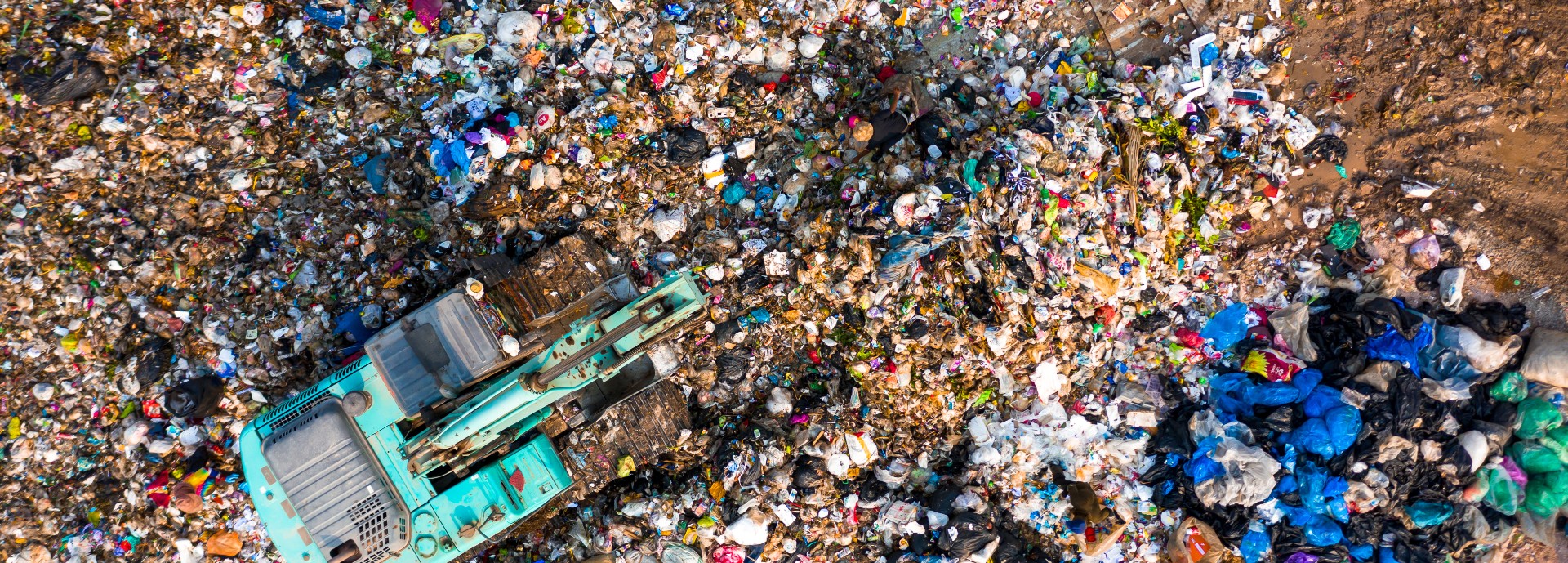Researchers work with acclaimed storytellers to help inspire youngsters to tackle waste
Back to news
A new project led by the University of Stirling will harness the power of storytelling to help educate the next generation about waste in Scotland and encourage them to consider new ways of reducing, re-using and re-purposing, rather than just recycling or discarding household items and resources.
Researchers from the Faculties of Social Sciences and Arts and Humanities will work alongside children’s author and former Makar of Edinburgh, Ron Butlin, and award-winning fiction and poetry writer, Regi Claire, to create a series of stories about where waste comes from and what happens to it.

Lecturer in Lifelong Learning, Faculty of Social Sciences
I’ve found everything from glittery re-usable face masks to fly-tipped fridges and even a rusty old rifle when I’ve been out walking. I can already imagine the stories that could be created around these unique objects that don’t belong abandoned at the side of our paths and roads.
The team has received a £200,000 Research Project Grant from the Leverhulme Trust to carry out the work over the next three years, which has been developed in response to the growing environmental crisis.
The researchers will visit waste and re-use sites including recycling centres and waste processing facilities across Scotland, collecting interviews, images and objects that will help create ‘Waste Stories’ – a series of fictionalised and fictional accounts which tell the story of our waste stream.
The storytellers will guide academics as they bring these observations to life in engaging, accessible pieces of prose and poetry. The research team will also create guidance for children and young adults to inspire them to develop their own ‘Waste Stories’.
Dr Anna Wilson, who is leading the project, said: “I’ve found everything from glittery re-usable face masks to fly-tipped fridges and even a rusty old rifle when I’ve been out walking. I can already imagine the stories that could be created around these unique objects that don’t belong abandoned at the side of our paths and roads.
“Through ‘Waste Stories’, we hope to spark an emotional response in people that empowers them to make positive choices when it comes to what they do with their waste, with a focus on reduction, re-use, re-purposing and reclamation rather than just recycling.”

With household waste making up 55% of waste carbon impacts in Scotland, the team hope the stories will reframe how people think about their waste, encouraging them to take positive action to decrease waste going to landfill and reduce the energy costs associated with recycling.
Dr Wilson added: “While headlines focus on the pandemic and public health inequalities, the slower-burning environmental crisis caused by human impact on the environment continues.
“To achieve any significant change, we need to continue to find new ways to shift our relationship with the environment and our attitudes to the resources we consume and discard. This is where education and storytelling come in.”
Educating the next generation
Students undertaking education degrees at the University of Stirling will work with the researchers to explore how these stories can be used to provide learning experiences for children at a range of levels and ages.
The students will use the new teaching practices at their teaching placements and collect feedback from pupils to understand how this imaginative approach could be used in schools to empower children and young people to take steps to reduce waste in their own lives.
The project gets underway in May 2021 and the research team includes Dr Hannah Hamilton of the Faculty of Social Sciences and Dr Greg Singh of the Faculty of Arts and Humanities.

